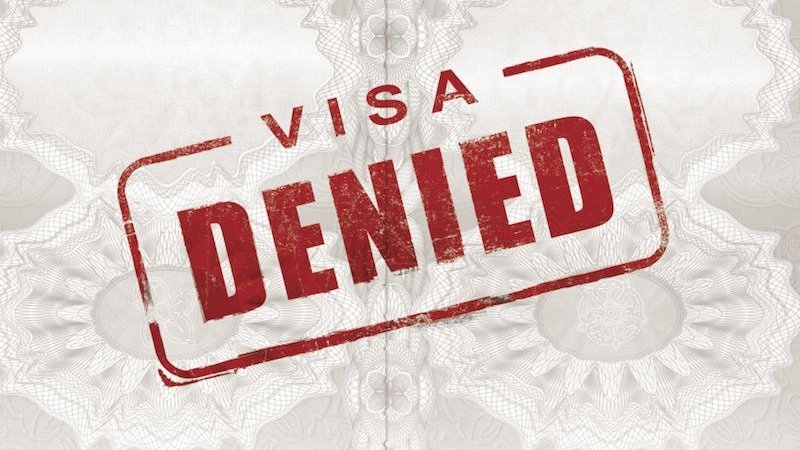The movement toward reforming the H1B non-immigrant work visa program continues, but behind the scenes the current program structure presents increasing challenges for applicants. As most applicants know, when an H1B visa petition is submitted at the US consulate, there are three possible outcomes: approval, rejection and refusal.
The first two are fairly straightforward end results (yes or no), but the 221(g) refusal can delay a petition for many months or even years to remedy any defects. This type of refusal seems to be on the increase, as US consulates are becoming more aggressive in reviewing the actual position being offered to the foreign worker.
The 221(g) Refusal: “Administrative Processing”
The refusal of an H1B visa petition is termed “administrative processing”, which occurs at the consulate of the country where the foreign worker resides, following the all-important interview. Keep in mind, that this process is initiated even after the original petition has been approved by the USCIS.
The consular officer may refuse the petition for several reasons, including:
- A closer review and more time is needed
- Additional background information is requested from the applicant
- Additional security clearance is needed
Apparently, one of the ‘red flags’ that spurs consular officers to issue a refusal is when an IT worker is being hired for a position that entails offsite employment. This would typically be a job with an IT outsourcing company that subcontracts the foreign worker to other IT firms for temporary projects. This practice has been one of the main targets of complaints about the H1B program, since those firms pay lower wages and may even ‘bench’ workers between project assignments.
Additional Documentation or Scrutiny Required to Verify the Nature of End Employment
US consulates in India are using the 221(g) refusal to contact the end-clients of IT outsourcing firms to verify the exact assignments listed in the petitions. It seems that the increase of these refusals demonstrates that the INA is taking seriously abuses of the H1B visa program by outsourcing companies. Unfortunately, it is the hopeful foreign worker who is put on hold while the review takes place.
In extreme cases, the consular officer may not be able to verify the information, and in that case the entire petition would be returned to the USCIS for more review and possible revocation. This is not a good outcome, as a decision can take months or years, leaving the applicant’s job prospects hanging in the balance.
How to Avoid a 221(g) Refusal
If you are at the point of preparing for an H1B visa consulate interview, it pays to be prepared with all the information and documentation. Essentially, the information on the petition as to the nature of the work and the end-client have to confirmed and verified. The H1B visa applicant must be prepared to answer questions about these items, and have the documents to back it up. Failure to prepare, or any discrepancy, could delay the final approval of the H1B visa far beyond the start date, interfering with travel plans and job responsibilities.
For this reason, it is important to be well versed in all of the contents of the petition, and make sure that you have a copy with you for the interview. If your sponsor has not provided you with details of the position or a contract, then request those prior to scheduling an interview. And finally, prepare your responses to common questions, and do not assume that the consular officer will simply ‘rubber stamp’ your petition as approved. The scrutiny of H1B visa petitions is increasing at all levels, so being prepared is now more critical than ever.
- May 9th, 2017
- 1

dHi I had a j-2 visa interviewy after interview officer gave me 221g letter for more document submit with passport i did this but after 10 days I got refused under 214 b section how i can knowh refusal reason. 9.